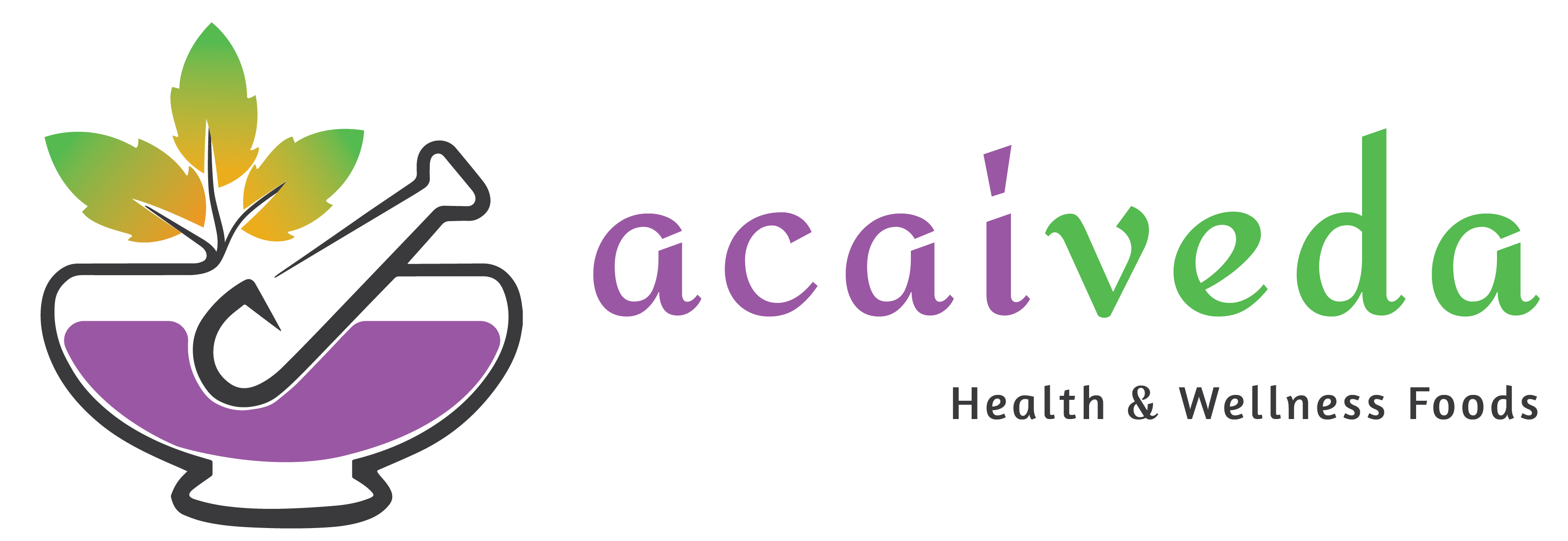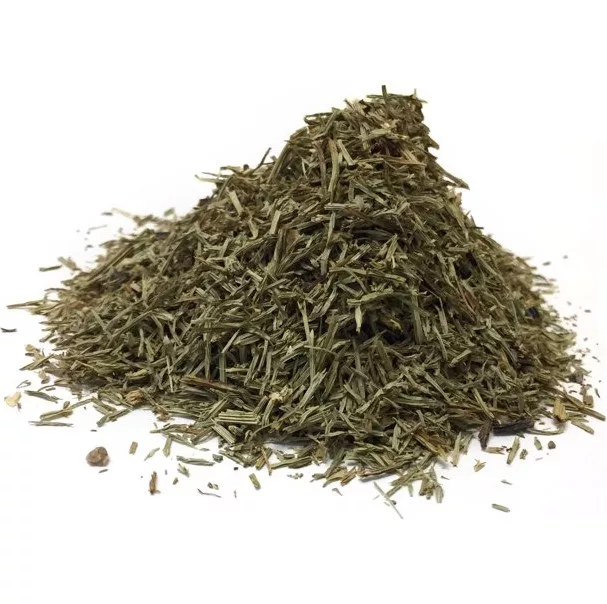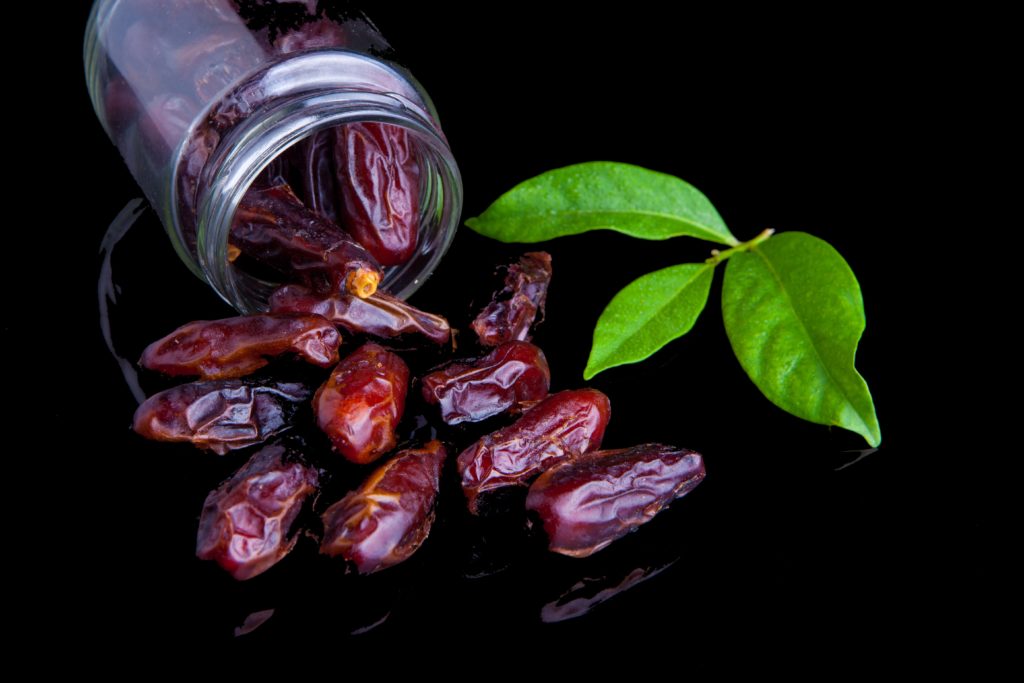
LION’S MANE: SHARPER MIND AND BRAIN BOOSTER
WHAT IS THE HISTORY OF LION’S MANE?
Lion’s mane mushroom, also known as “Satyr’s beard” or “bearded tooth” mushroom, is a type of edible mushroom that is native to Asia and North America. It has been used in traditional medicine for centuries, particularly in traditional Chinese medicine (TCM) where it has been used to support cognitive function and reduce inflammation.
In TCM, lion’s mane mushroom is considered a “nourishing” mushroom, which means it is thought to support the body’s vital energy or “qi” and nourish the brain and nervous system. It is also believed to have anti-inflammatory and antioxidant properties that can support immune function and improve overall health.
In the past, lion’s mane mushroom was mostly consumed in Asia, but in recent years, it has gained popularity in the Western world as a dietary supplement and as a food ingredient. This is due to the potential health benefits that have been identified through modern research studies.
Lion’s mane mushroom has been studied for its potential cognitive benefits, including improving memory, focus, and concentration, and reducing anxiety and depression symptoms. In addition to cognitive benefits, lion’s mane mushroom has also been studied for its potential anti-inflammatory and antioxidant properties, which may help support immune function, improve gut health, and also have benefits for heart health.
WHAT NUTRIENTS ARE IN LION’S MANE?
Lion’s mane is a type of medicinal mushroom that contains a variety of active compounds, including:
- Polysaccharides: Complex carbohydrates that are believed to have immune-boosting properties.
- Beta-glucans: Compounds that are believed to have a positive effect on the immune system.
- Ergothioneine: An antioxidant compound that is believed to have protective effects on the brain and nervous system.
- Hericystin: A compound that is believed to have neuroprotective properties.
- Ergostadienols: Compounds that are believed to have a positive effect on brain function.
WHAT IS THE DAILY VALUE OF NUTRITION IN LION’S MANE?
A 100-gram serving of Lion’s Mane mushroom contains:
- 4% of the daily value (DV) of Fiber
- 15% of the DV of Protein
- 2% of the DV of Vitamin D
Lion’s Mane mushroom also contains small amounts of other essential vitamins and minerals, such as B vitamins, iron, and potassium.
WHAT ARE THE BENEFITS OF LION’S MANE?
Some of the benefits of lion’s mane mushroom include:
- Cognitive benefits: Studies have suggested that lion’s mane mushroom may help improve memory, focus, and concentration, and reduce anxiety and depression symptoms.
- Anti-inflammatory: Lion’s mane mushroom has been shown to have anti-inflammatory properties that may help reduce inflammation throughout the body.
- Antioxidant: Lion’s mane mushroom is a rich source of antioxidants that can help protect the body from damage caused by free radicals.
- Immune system support: Lion’s mane mushroom has been shown to have potential benefits for the immune system, due to its anti-inflammatory and antioxidant properties.
- Cardiovascular health: Some studies suggest that lion’s mane mushroom may help to improve cardiovascular health by reducing the risk of heart disease.
- Gut health: Lion’s mane mushroom may help improve gut health by reducing inflammation in the gut and promoting the growth of beneficial bacteria.
- Nerve health: Lion’s mane mushroom may support nerve health by promoting the regeneration of myelin, the protective sheath that surrounds nerve fibers.
HOW DO I CONSUME LION’S MANE?
Lion’s mane can be consumed in several ways:
- Supplements: Lion’s mane is available in supplement form, including capsules and powders. The recommended dose will vary depending on the product, so be sure to follow the manufacturer’s instructions.
- Teas: Lion’s mane can be brewed into a tea by simmering dried slices of the mushroom in hot water for several minutes.
- Culinary uses: Lion’s mane can also be used as a culinary ingredient, with a texture and taste similar to seafood. It can be sautéed, grilled, or added to soups and stir-fries.
- Tinctures: Lion’s mane can be extracted into an alcohol-based tincture, which is taken orally by the drop.
WHAT SCIENTIFIC RESEARCH HAS BEEN CONDUCTED ON THE EFFECTS OF LION’S MANE?
Lion’s mane is a type of medicinal mushroom that has been the subject of various scientific studies. Some of the key findings from these studies include:
- Cognitive function: Some studies have found that consuming lion’s mane may improve cognitive function, including memory and concentration.
- Nerve regeneration: Some research suggests that lion’s mane may support nerve regeneration and may help to protect against nerve damage.
- Anti-inflammatory: Lion’s mane has been shown to have anti-inflammatory properties, which may help to reduce inflammation in the body.
- Immune system: Lion’s mane has been shown to stimulate the immune system, potentially helping to improve overall health.
- Heart health: Some studies suggest that lion’s mane may help to improve heart health by reducing cholesterol levels and blood pressure.
Note: We are a small business so we used a cheat code (ChatGPT, phew, technology has come far!) to help me write this blog post. I double-checked the information contained within this post to ensure accuracy.





